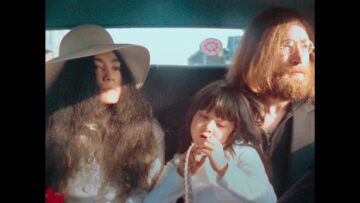
TO WATCH: “ONE TO ONE” BY KEVIN MACDONALD
This documentary feels like reliving a time through the eyes of Ono and Lennon.
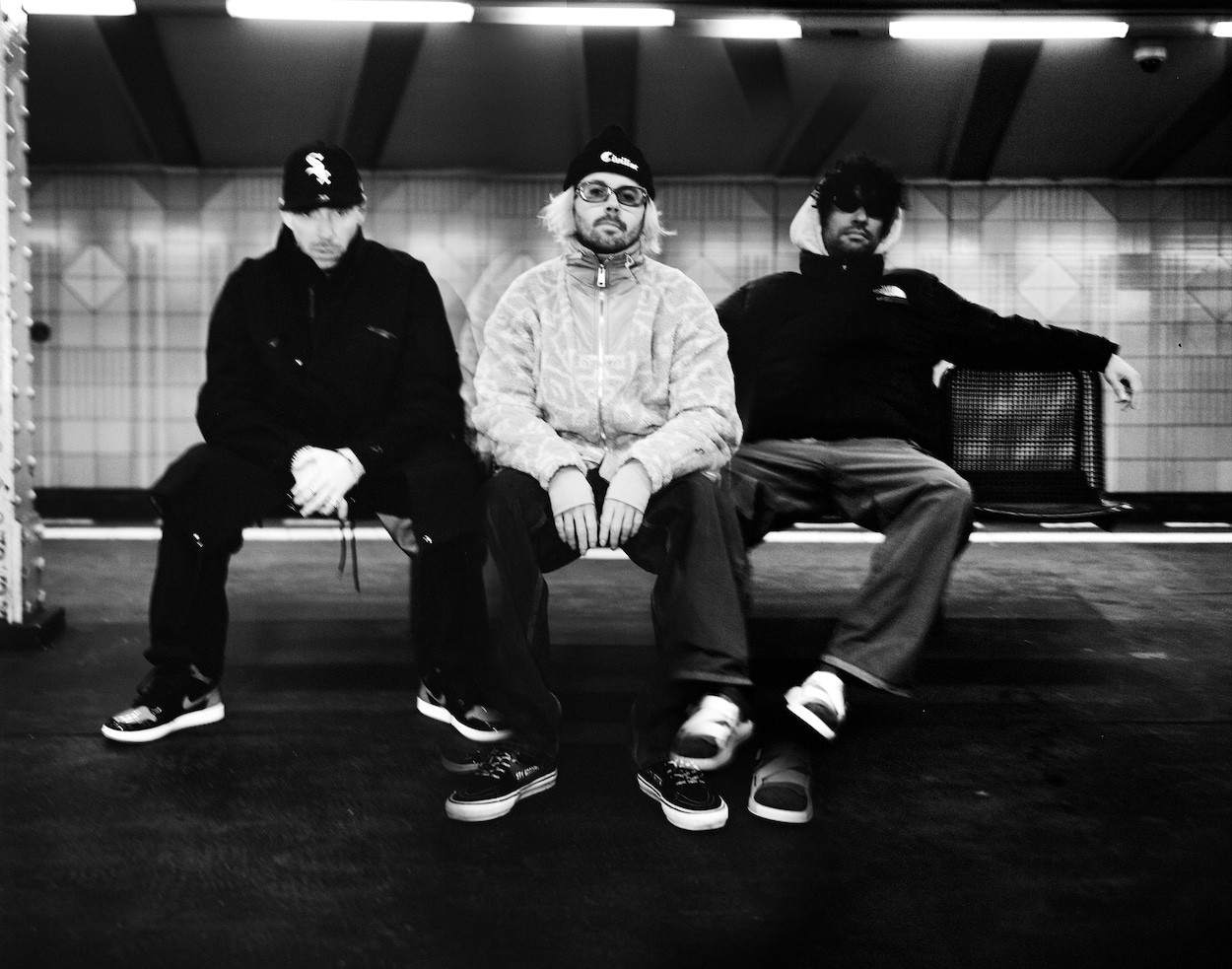
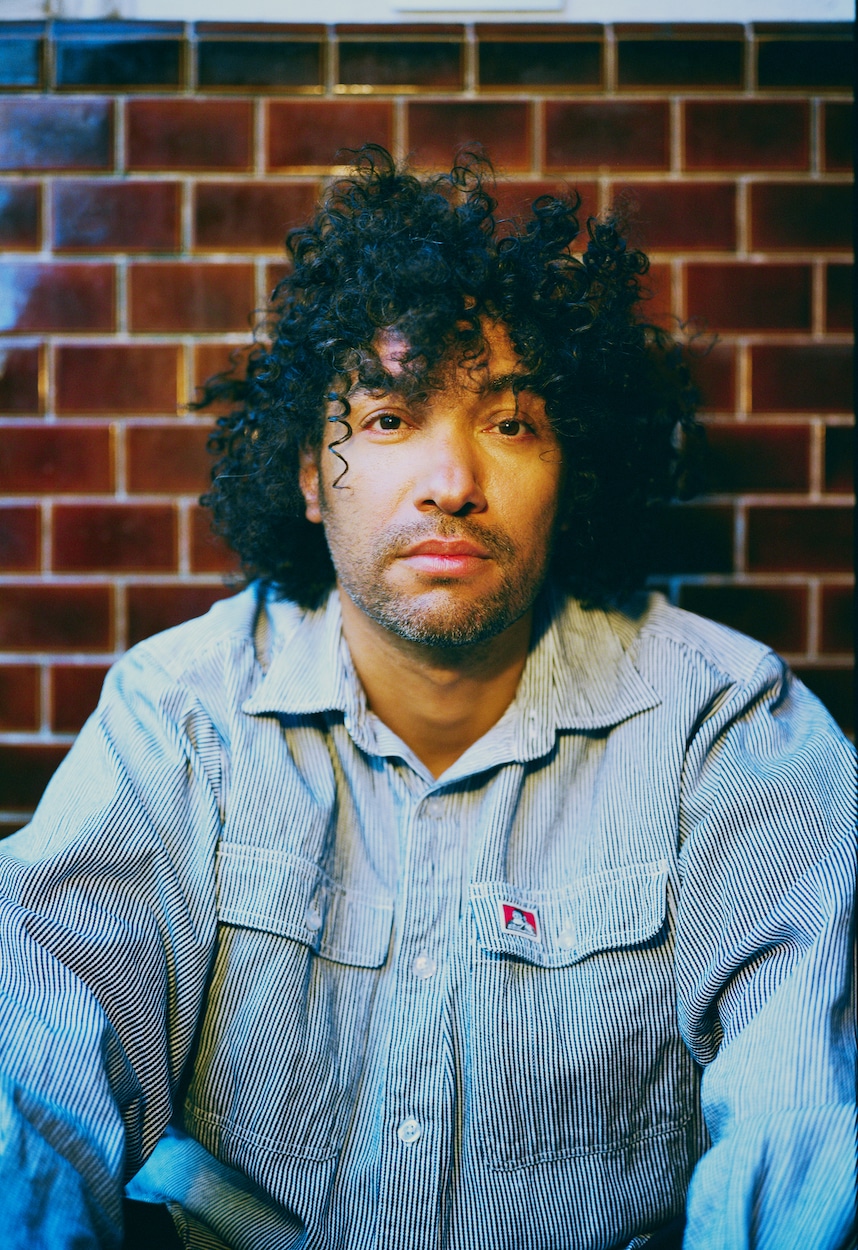
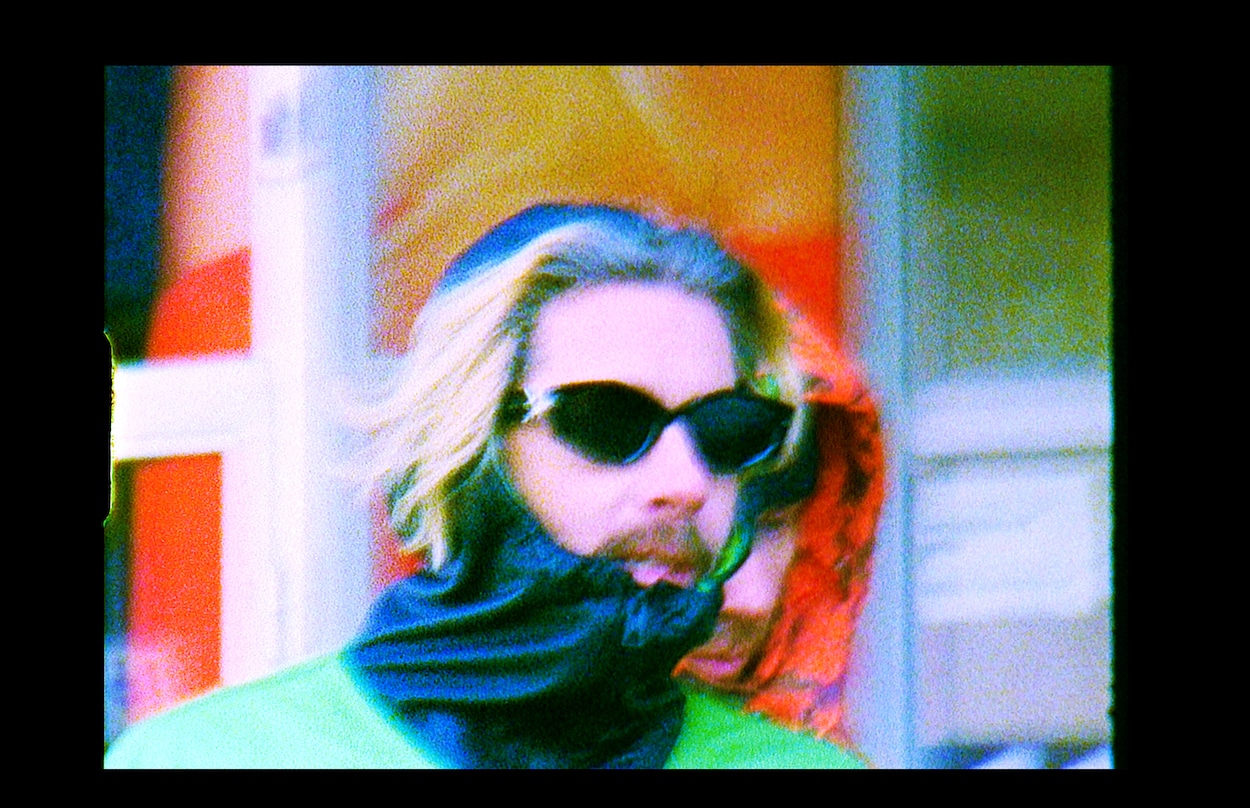
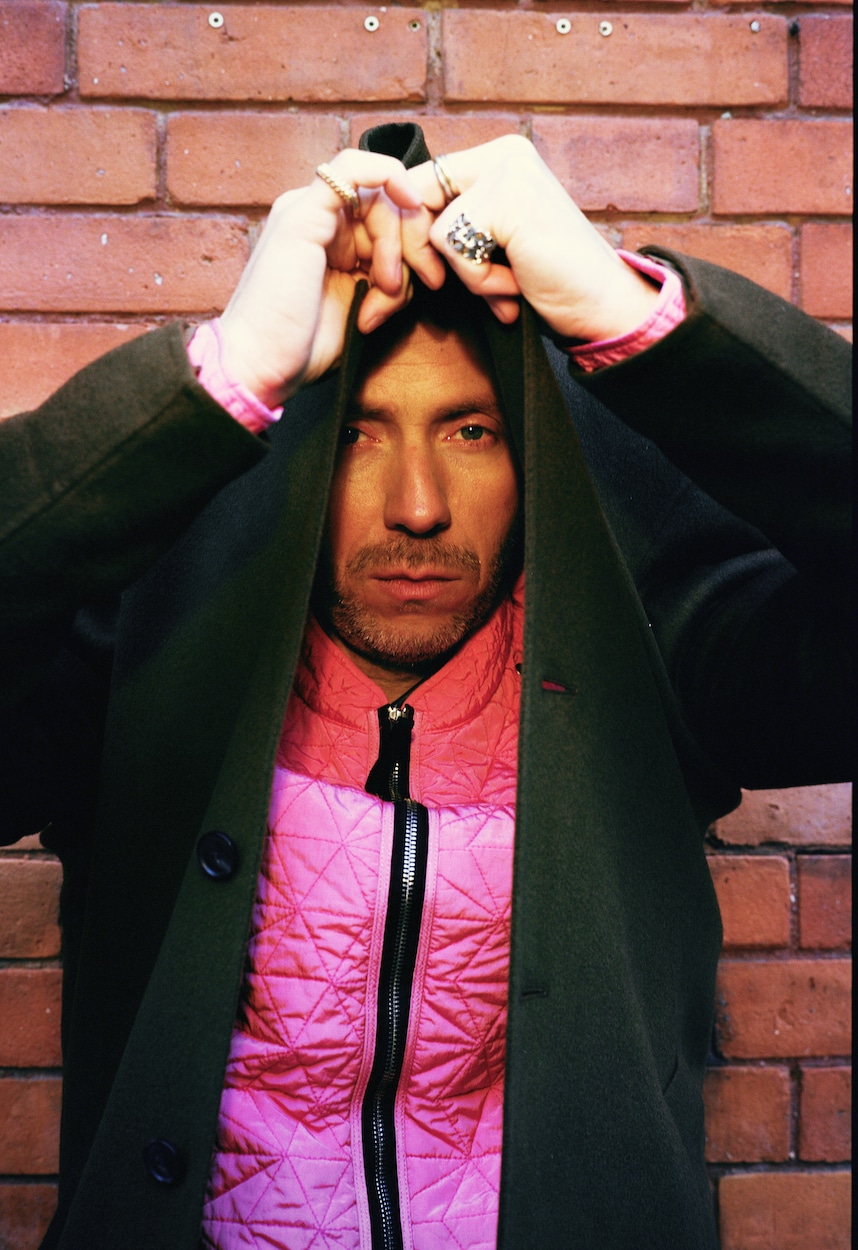
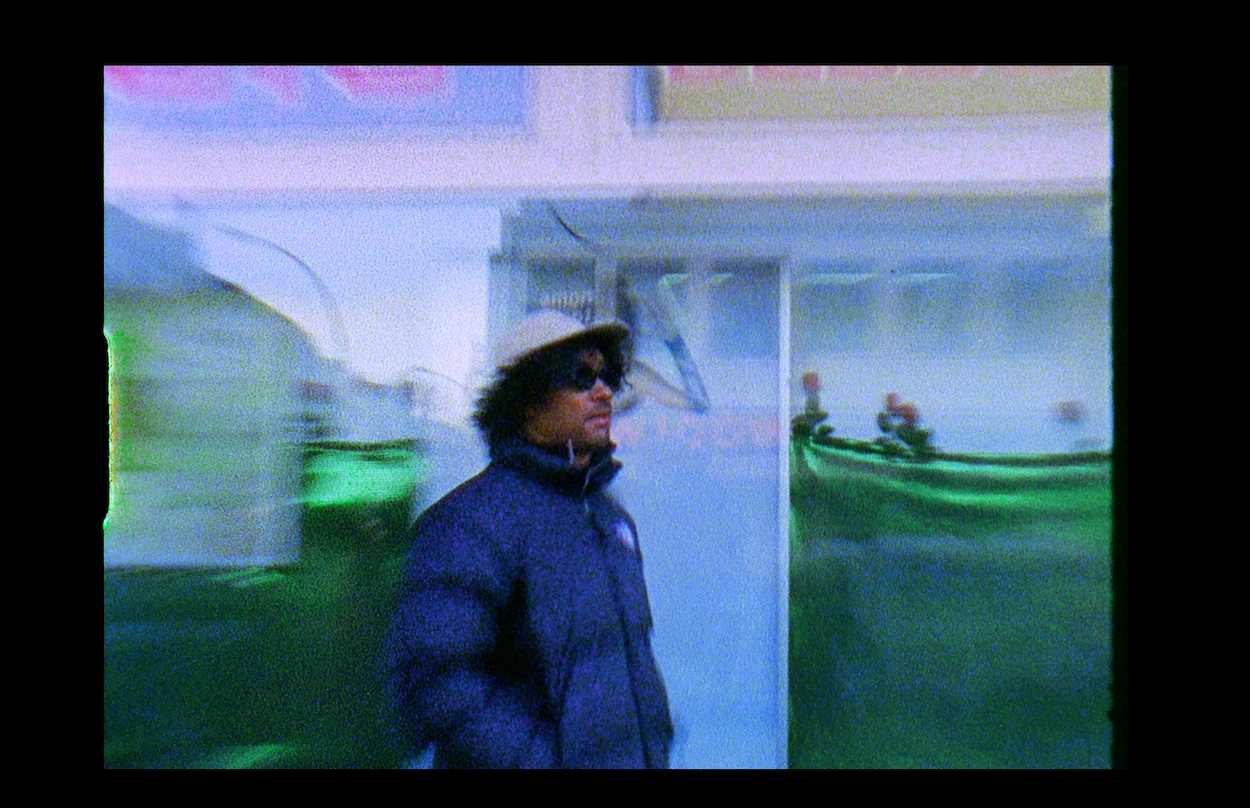
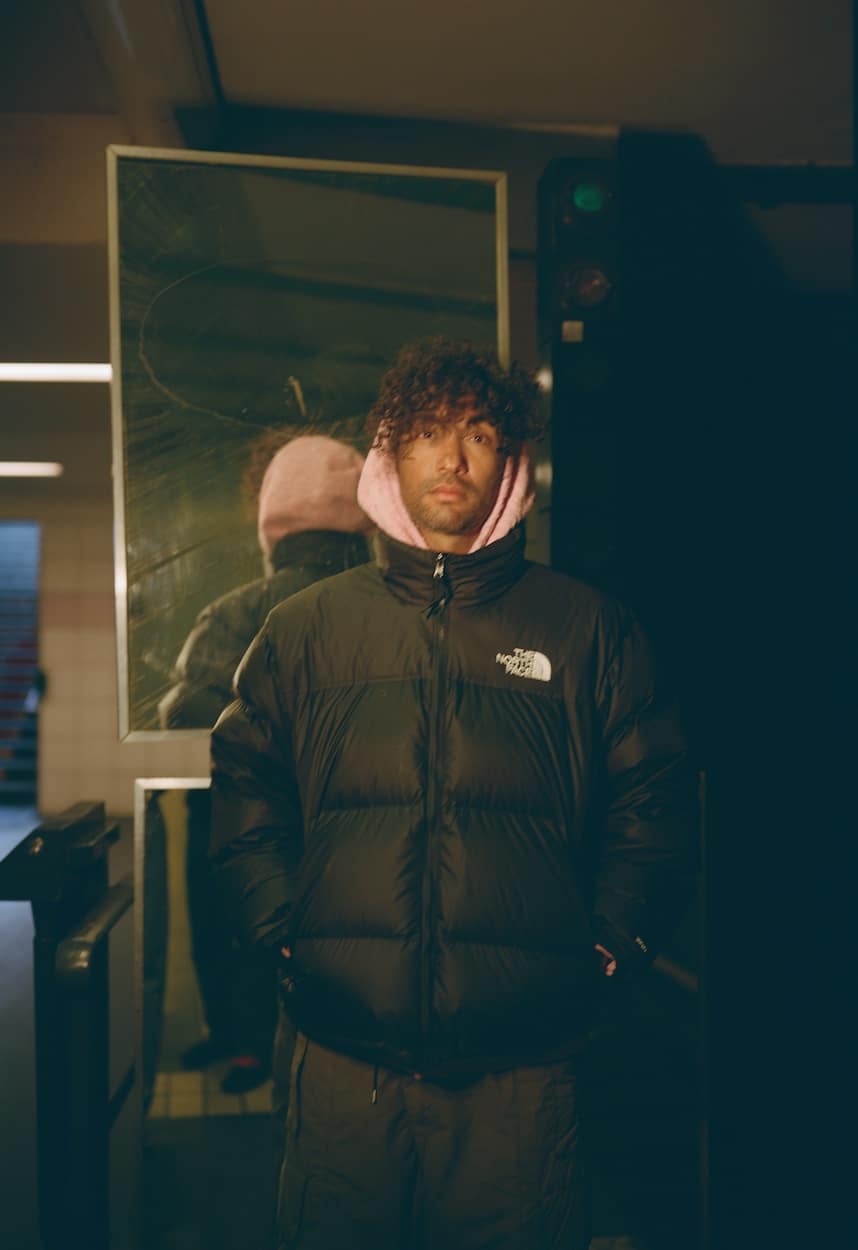
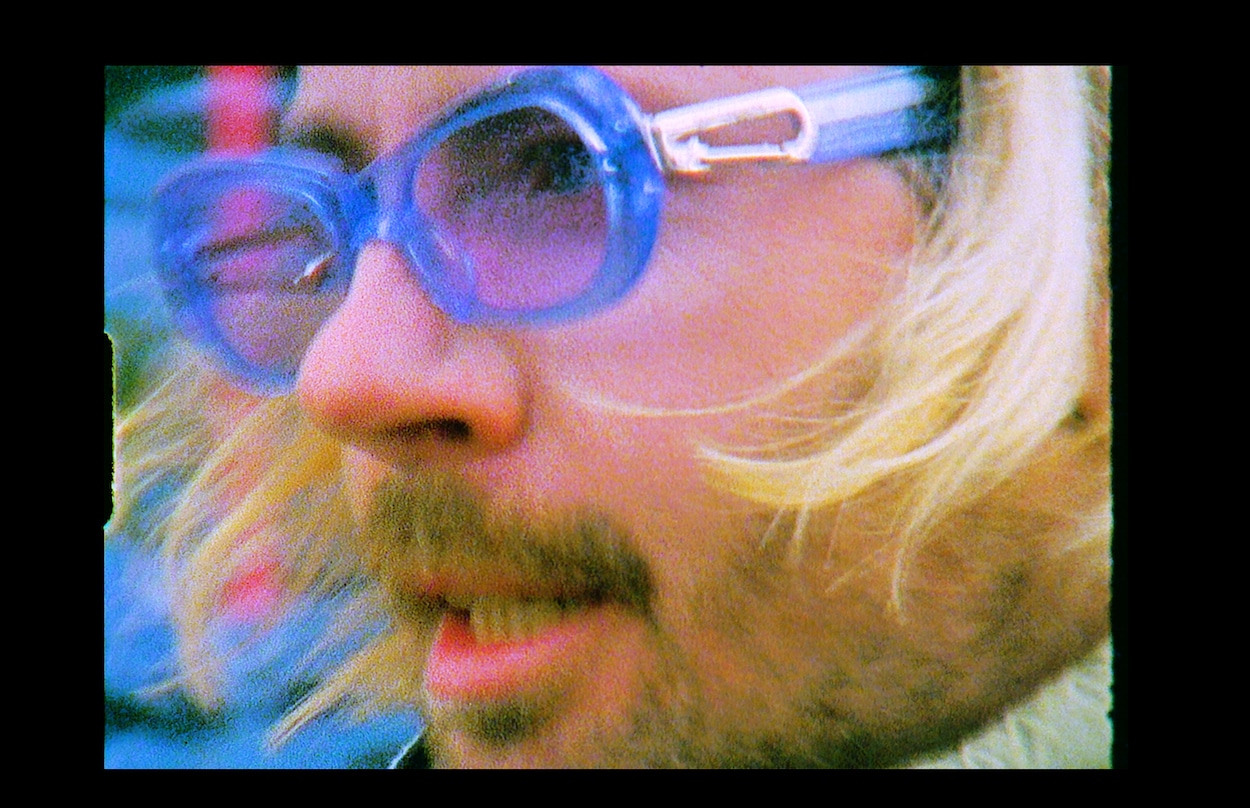
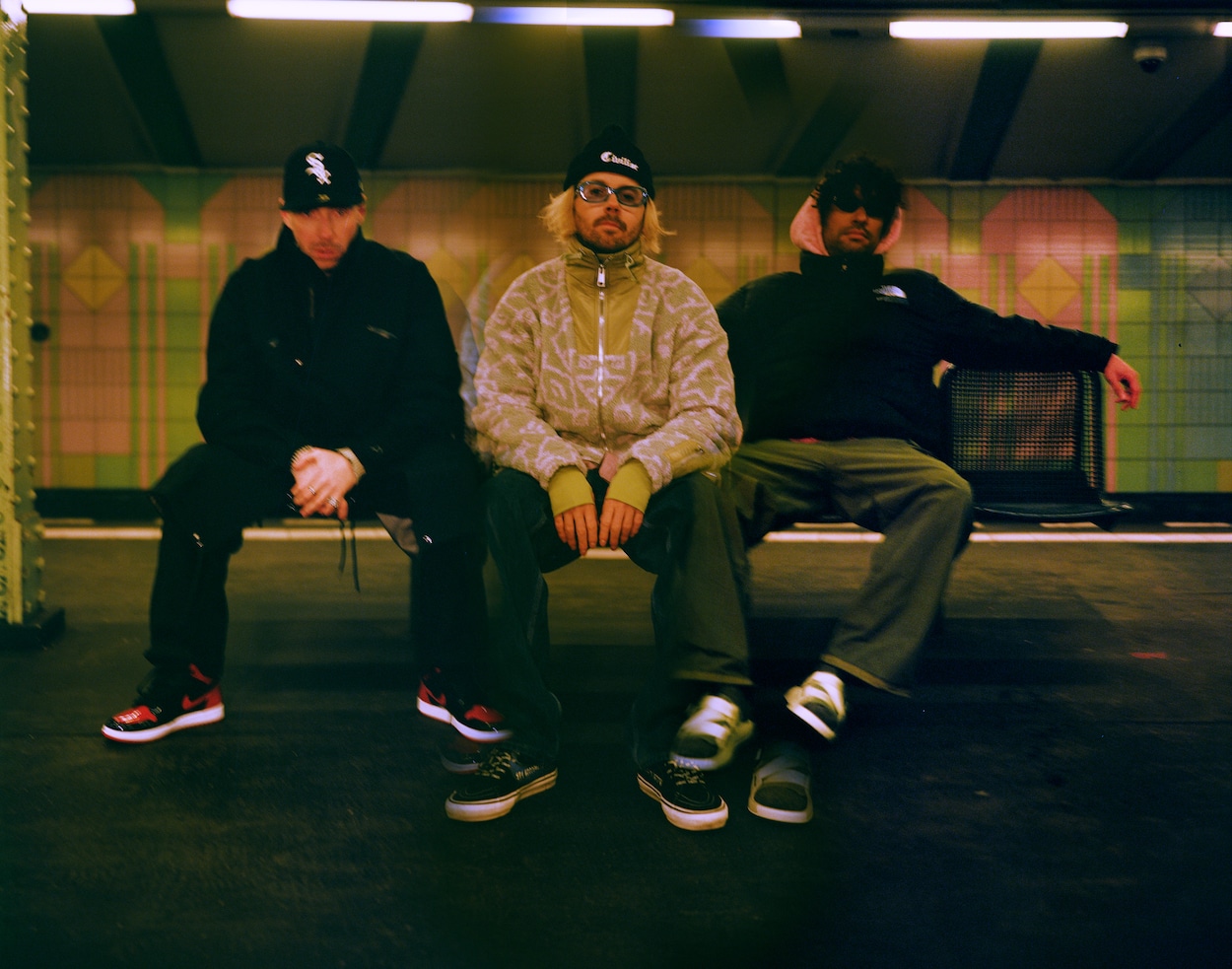
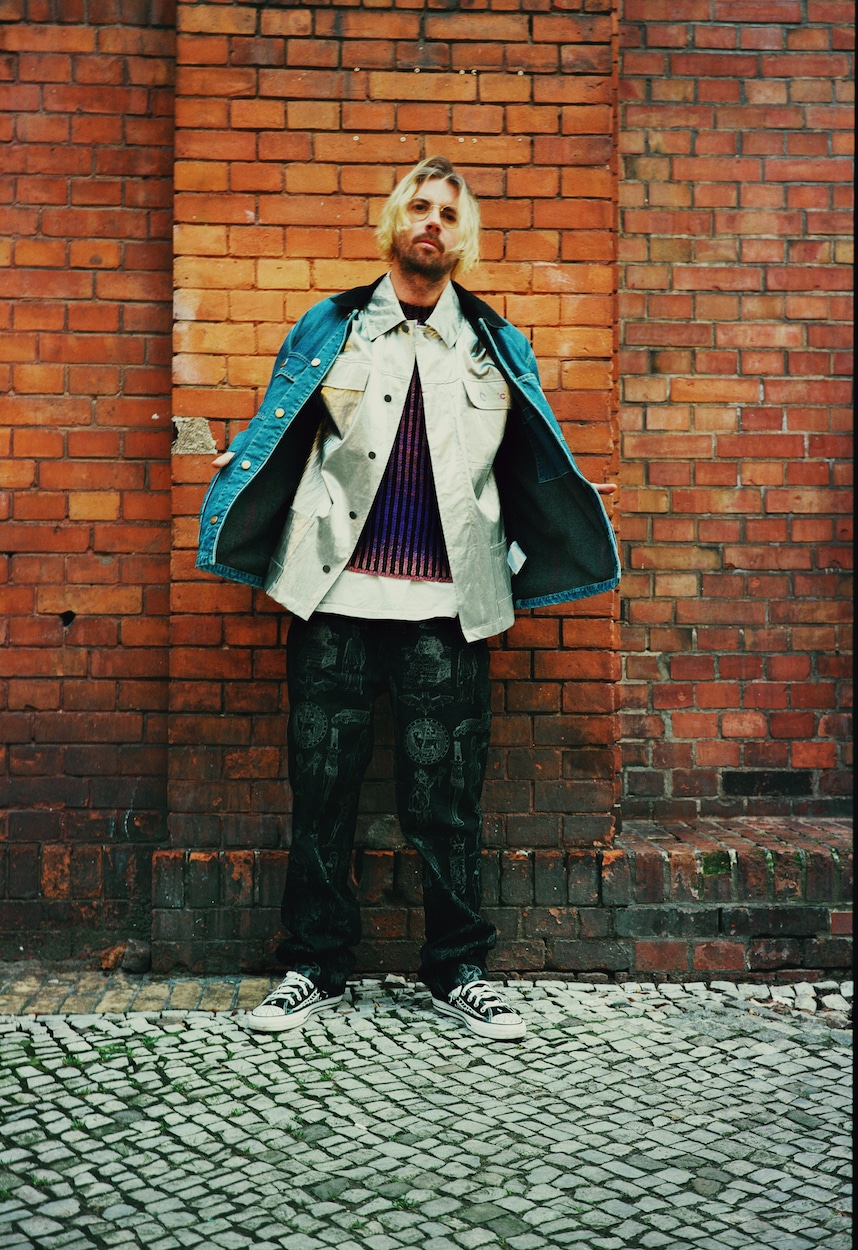
“But now it’s like, fuck, it’s awesome, with the colored lights and everything is allowed and everyone is hyped.” – Gregor
Keinemusik have introduced a new model to the Berlin club scene: Gregor, Adam and André are at the core of a community in which releasing their own uplifting tracks to a growing global fan base is only part of the message. The three boys have become an all-star nightlife band, playing hours-long sets together on stage like a band. The goal in all they do: Deliver a soulful intensity to a roaring crowd that is looking for a communal feel of bliss and ecstasy on dance floors all over the world.
André: Being there early so you can get to know the room, get to know the people, what they’re like and what the vibe is like. What you shouldn’t do is come five minutes before and then just play what you would play anyway….
Adam: That happens occasionally, though. [laughs]
Gregor: Well, you should be there half an hour before. Then you know approximately how the vibe is, what the DJ has played before, what kind of mood the people have built up. And then you get there and you like the atmosphere or not.
André: That also happens. You definitely have to hit the reset button for a moment and play something completely different than the DJ playing before you. That way, you can restart a crowd and sometimes the whole evening. Because just because you personally don’t like the evening, doesn’t mean that the other guests in the club like it or not. You have to quickly decide how you want the evening to go and how you want the next three, four, five, six hours to go.
Gregor: Experience is certainly important. Maybe you just get used to everything… But you usually know beforehand if people want it to be a bit harder, UK rave and take off the T-shirts, or maybe prefer softer music, taking it down a gear.
Adam: We’re very lucky that people now come to our gigs because of our sound. That means you don’t have to explain much. And it’s a very definite vibe that we play and it almost doesn’t matter if the music is stronger or a bit laid back, it carries a similar positive energy.
“People feel like partying. You can tell they missed being with other people, having fun collectively and not just in a group of four people, but with 1000 people in a room again. Letting go. It feels more intense and ecstatic. There’s more love than before.” – Adam
André: We’ve certainly gotten better at that in the last 12 years. So I hope so. [laughs] In the beginning, I think you play less with the crowd. Maybe when you’ve softened them up a bit and you know they’re open to other things now, then you can try new things. As Adam said, they often come to us because of our sound and our own tracks. The three of us have also adjusted to each other very well by now. Through the countless times we’ve played together, we’ve developed a good flow.
Adam: It works exactly like that. But it’s less about crowd control and more about just trying to make an awesome party. For yourself, but first and foremost for the people. What you play and when becomes automatic at some point, you follow your gut feeling. Although I push the buttons, it’s more the other way around, the overall vibe tells me what to do.
André: It’s like a ping-pong game.
Gregor: When I think about it, I feel that my mood is more dependent on the crowd than the crowd is on my playing. If I get good feedback, it’s the most beautiful thing there is. But when I see no smiles, no vibe, no nothing, it’s very exhausting for me. In that sense, the crowd controls me more than I control the crowd. I find controlling a difficult word, reacting is more appropriate.
“When we started Keinemusik, I thought that the world could be different. And that’s what we continued to do. At the core of it was always such a nice community feeling – the comfortable, everybody loves each other feeling.” – André
André: That was definitely a development and we have also tried different constellations. Especially when our sets last 8, 9 hours, initially everyone had their own set time. Now when we play together, we mainly play back to back to back. Everybody is there all the time and it’s a wobbling interplay….
Gregor: …Whoever can contribute something, contributes something. But if you’re not feeling it or you’d rather just have a drink, then the others take over. The rule is no rule. And that works extremely well, I think.
Adam: I don’t even know when it clicked. It’s been a couple of years. I don’t remember when we realized that this is actually the best way to do things and that it’s the most fun.
André: It’s hard to say – in Watergate times, everyone already had their own set time. I would say five years ago.
André: The idea of community was important for us. At that time, we were a group of seven or eight. Our goal was to be able to do what we wanted – for example, to not be dependent on the other labels. When we release and what we release, we wanted to decide that ourselves. The nice thing is that we migrated there. I didn’t have a lot of parties back then. There was always stress, it was everybody against everybody. When we started Keinemusik, I thought that the world could be different. And that’s what we continued to do. At the core of it was always such a nice community feeling – the comfortable, everybody loves each other feeling.
Gregor: And whether it’s the Tomorrowland festival or nerdy Italo disco or hard techno, you find that togetherness feeling everywhere. More and more often I ask myself the question: What can my nervous system take? I find really hard techno also extremely cool and aesthetically pleasing, but I can’t stand it physically anymore. My nerves then tell me at some point: Bring me to a safe place. This is too hard now. But 15 years ago, of course, it couldn’t be loud, hard and fast enough. I would see the genre of electronic music in general as a strong community and not so much in the specific genres.
“…Whoever can contribute something, contributes something. But if you’re not feeling it or you’d rather just have a drink, then the others take over. The rule is no rule. And that works extremely well.” – Gregor
André: That worked out very well, though, for the fact that we’ve been working together for so long. There was relatively little tension between us.
Gregor: Compared to all other relationships in general, be it with parents, girlfriends or other friends, there was very little friction in our constellation. Of course, there are differences of opinion from time to time, or things pile up that are really just small stuff.
Adam: We also meet during the week plus on weekends. We have a lot of time to exchange ideas and talk, or to deal with problems if there are any.
André: Individual sounds rather not, that complements then in the album, the complete package. But in detail, that there is a distribution of tasks, is really not so.
Gregor: I would claim that I could say 100 percent whether something is from Adam or from André. For me, there is a small difference in this own sound which we somehow have together. You can definitely hear the nuances.
Adam: A good friend (and the publisher of this magazine) once told me the phrase, “As long as I’m doing well, I want everyone else to do well or better.” Why be begrudging? Things are going well for me, too. But I definitely have the incentive that if someone has done something awesome, I want to do something awesome, too. And I think the others have it, too. That’s why we have a good release constant, because then everyone is up for doing something great again. That’s a positive competition.
Gregor: And having the feeling that everything ends up in this pot that everybody benefits from makes it easier. I definitely had the full spectrum of emotions over this long period of time, but with this basic tone, this basic feeling that Keinemusik is a collaborative project. For us, the focus is also on making it together. Even if you’re a superstar, touring alone is no fun.
“We play in different constellations, sometimes two, sometimes three, sometimes four. And the more albums and tracks we’ve produced as a trio, the more we’ve gone from being individual DJs to a kind of band. The audience comes to our club nights like a concert.” – Adam
André: As a crew. For me, 10 to 20 percent at the most is solo.
Adam: We play in different constellations, sometimes two, sometimes three, sometimes four. And the more albums and tracks we’ve produced as a trio, the more we’ve gone from being individual DJs to a kind of band. The audience comes to our club nights like a concert. People want to hear our version of “I Can’t Get No Satisfaction.” And then you just have to play it and then it’s also a great time because people are so excited, they haven’t heard the track live in their city for two years. That’s quite a lot of fun.
Gregor: And of course it’s also more interesting for the people because we stand out a bit more that way. There are endless single DJs. There are also a few DJ duos, but this band-like thing is very rare. The atmosphere is simply different.
Adam: We play longer that way too; a normal solo set is two hours and we’re around five to seven. When I used to go to concerts as a guest, you’d watch it for an hour and this way I think it’s much more awesome – experiencing the person or the group from start to finish for 6 hours, from empty room to full finish. It’s just an awesome package. I would want to experience something like that myself as a music fan.
Gregor: And traveling is always funnier as a group. In the case of flight delays, for example: A sorrow shared is a sorrow halved, and a joy shared is a joy doubled.
André: It can be anything.
“The idea of community was important for us. At that time, we were a group of seven or eight. Our goal was to be able to do what we wanted – for example, to not be dependent on the other labels. When we release and what we release, we wanted to decide that ourselves.” – André
Adam: It’s a lot more intense in any case. It’s like people were put in a jar and had pressure put on it. It’s not a total explosion, but there’s a lot of pressure on it. People feel like partying. You can tell they missed being with other people, having fun collectively and not just in a group of four people, but with 1000 people in a room again. Letting go. It feels more intense and ecstatic. There’s more love than before.
Gregor: More appreciation, especially when you consider what the pandemic brought with it, the restrictions, being locked up for a long time. Now that you’re allowed to do that again, you realize how crazy it is, before it was just normal. But now it’s like, fuck, it’s awesome, with the colored lights and everything is allowed and everyone is hyped.
André: The most important thing is the love for the music and not the thought that it can make you successful. The rest comes by itself.

This documentary feels like reliving a time through the eyes of Ono and Lennon.
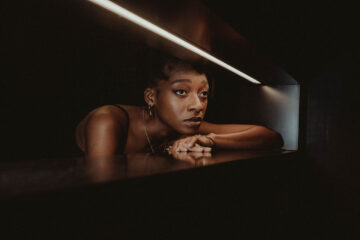
On being brave: Numéro Berlin spoke with Little Simz about her freshly released sixth…
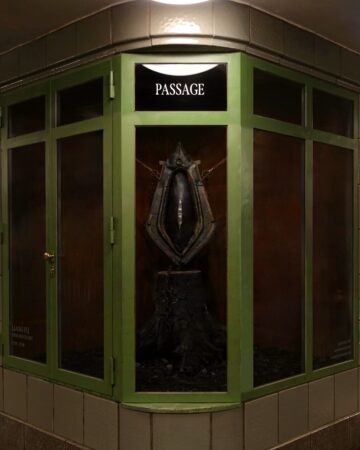
With his latest installation "SPINE BOUNDARY" at Hermannplatz, Berlin, Chinese born Artist…